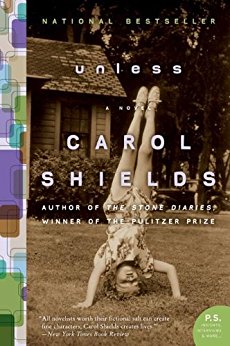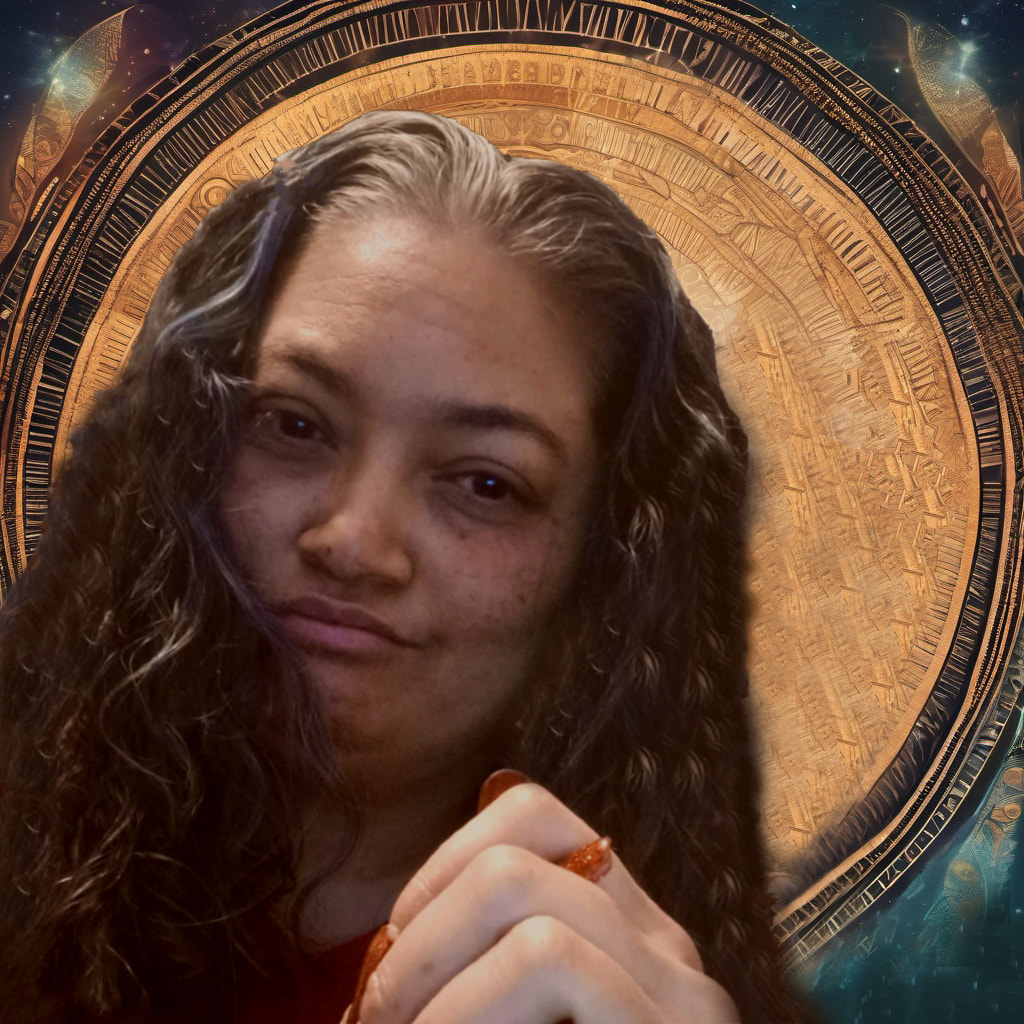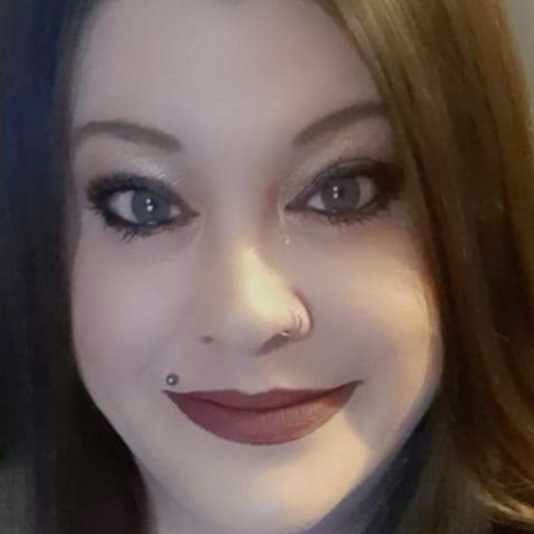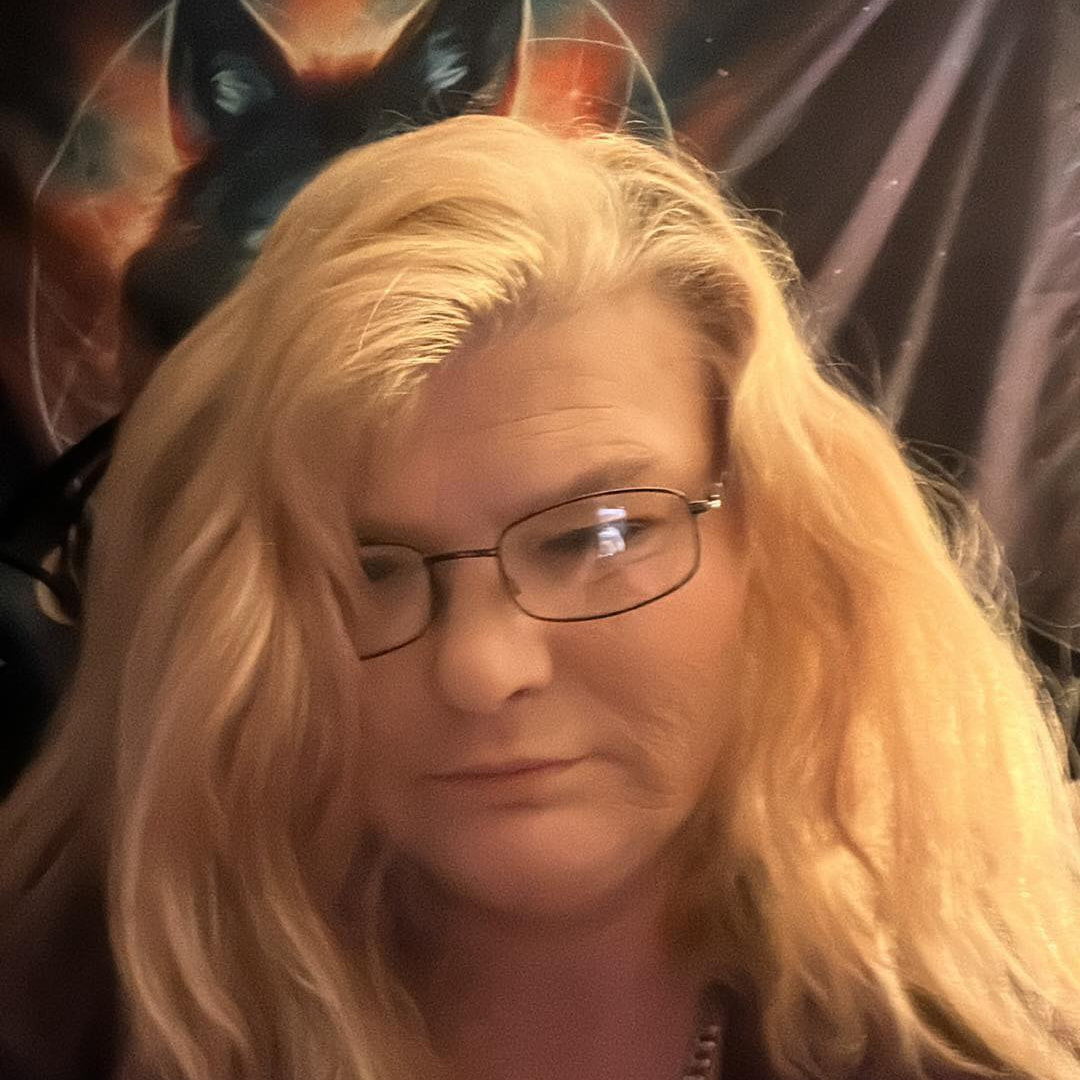 This is an expanded version of a book review I submitted to Amazon. I will warn you: spoilers follow… “Unless” is a novel that has received mixed reviews. Some call it boring. Some say the ending is too predictable. I actually have to say I didn’t pick up on it until the last few pages. But I suppose I wasn’t reading the book for the ending. Perhaps the way in which you read this book is most important. Some might say that it doesn’t have enough action, and that there isn’t a coherent storyline. Some complain that the book is about a writer writing about writing a book about a woman writer. There are complaints that the book is extremely feminist; that is something I have no problem with. All the points Shields makes in the book are perfectly valid. I think that this book is about how to deal with an extremely difficult situation: someone you love dearly has suddenly fallen out of life. As we find out, this actually is not as crazy as it first appears. Life does not stop while you are dealing with a situation; you have to learn to cope. There are a lot of undertones about how women are made to feel powerless in our society; this does seem to be a major theme in contemporary Canadian literature and I think this ruins the book for some people. But when you take it from the perspective of the character of Reta, an extremely well-written first-person narrative, it’s actually pretty easy to get caught up into thinking these words could be taken from a real woman’s diary. In fact, I actually found myself wondering about the actuality of certain aspects of the plot. I will refrain from giving away too many spoilers, but I really felt after reading this book that there were real people involved in the story of this book. I felt these were real people being written about. Reta, our protagonist, is a writer, but mainly has been the personal translator for a legendary French/Canadian author Danielle Westerman. This character of Westerman was so interesting to me that I actually turned to Almighty Google to see what I could dig up. I found a musician, quite a lovely musician/model at that, and a link to an interview with Carol Shields, which basically said that Westerman was totally made up and not based on anyone in particular – this to me makes the character even more fascinating. Danielle Westerman, at the telling of this story, is eighty-five going on eighty-six years old. She is a major feminist writer who lived through the Holocaust, who’s always written in French. Reta has translated three out of five volumes of Westerman’s memoirs, and she has received great praise from them all. Shields makes this woman so interesting that I wanted to read these memoirs for myself. They obviously, alas, do not exist for our enjoyment. But now, Reta has taken a shot at novel writing. Her first was a modest success, so naturally, she is now pursuing her second. Being a writer of sorts, I found this sort-of “inside analysis” of the writing process of her novel most interesting; I think a lot of people were not too entertained by this aspect of the story. I must say that I’m not fond of the sort of “light fiction” she was working on, or the very annoying editor character introduced towards the end, but what she writes about character development was very interesting. Shields makes Reta a very thoughtful and observant person. People may say this detracts from the story-telling, but I think Shields wrote this book exactly this way for a reason; she’s a writer writing about a writer and how she writes. It does seem to me, however, that someone as eloquent in her letters and her diary/journal entries would be much better served publishing such musings rather than some contrived silly work of “light” fiction. Apologies for this being a major spoiler, but I understand exactly why Reta’s daughter, Norah, falls out in the way that she does. There’s actually quite a traumatic event, as you may infer is the case from something noted earlier in the book, involved in Norah’s sudden abandonment of her “normal life.” This concept of “goodness” I must say, that Norah becomes a silent spokesman for on a Toronto street corner, is never really dealt with in the pages of the book as I sort of hoped it would be. It is actually an act of “goodness” that has Norah end up in this apparently catatonic state, an act of goodness that does not go unpunished; she is scarred in more ways than one. I honestly can’t blame her. But all the while everyone is trying to psychologically deconstruct her; “what the hell went wrong?” people ask. I am relieved that in the end there was a perfectly understandable reason behind it. But it seems what Shields was trying to do here was make people ask themselves, what is “goodness” really? This was a book designed to make you think. Unfortunately, for as much as I liked this book, I felt it lacked something. But for me, that something it was missing was made up for by my own experience. But again, maybe that was the point. This book is written from quite a feminist perspective, yes, and those “underpinnings” are not at all subtle; so it would be improper to refer to these obvious messages as underpinnings, then. It's true that women are extremely under-represented in many areas of society. As I'll say again, it seems to be still an extremely polarizing issue in Canada. Also, the marginalization of women in literature also becomes a major theme in the book. This is something that I think greatly distracts from the main plot with Norah. That is one major criticism I have with the book – even though it is one thing Norah does make clear she was rather displeased with a certain college literature professor about. But this story is about a lot more than that. What touched me so much about this book is that it is about a mother doing everything possible to continue living a “normal” life while her daughter has totally abandoned any sort of “normality.” One of these coping mechanisms is writing the “light” fiction novel I mentioned before. But that is only one such mechanism: reading, “club” meetings, daily routines, etc. This novel is about a “real” person coping with harsh “reality” by immersing herself in something “light.” So while people may think this is a weakness of the book, I feel it is a strength. I really “got to know” Reta. I want to have tea with her. I want to help Norah in trying to get her life back together. Not being one for reading novels, honestly, I found this book to be a fantastic read. I read it in an evening, actually, and I couldn’t put it down. It made me reflect on the concept of “goodness” and how Reta’s daughter’s sudden falling out of “normal” life, trying to understand things that you just can’t explain, and having that overwhelm you to the point where “normality” seems irrelevant – that aspect of the story to me was very moving. Whether this is Carol Shields’ greatest work I cannot say, for it’s the only work of hers, so far, I’ve read. But I will say that it is a tremendous bookend to a marvelous literary career. Content Manifested by Intent-sive Nature by Brand Shamans. Brand Shamans Content Community LLC helps save the web from crap content daily! Experience a powerful, impactful brand boost NOW with any of our appropriately matched ✨Content & Brand Elevation Services✨ .
0 Comments
Leave a Reply. |
Book News, Reviews, & Info
Archives
November 2018
Categories
All
|
- Brand Shamans
- Brand Healing
- Inner Healing
-
INTENT-SIVE NATURE
- Content & Brand Elevation
- Healing Jewelry & Talismans
- Bath, Beauty, & Self-Care
- Healing Sessions
- Rituals, Herbs, & Altar Supplies
- Gawwwdess Baby Boutique
- Soul Flame Gifts
- Yoga & Meditation
- Books & Media
- Education & Homeschool Resources
- Home, RV, & Decor
- Clothing
- Pets
- Custom Orders
- Monthly Subscription Boxes
- October Festivals
- FLOW-Key Parenting
- About & Contact
- RV, Nature, & Travel Shamans
- Souls Within
- Life & Home
- Heart 'N Mind Homeschool
- The Homeschooling Mommy
- Books & Authors
- Speak Up!
- Pawsitive Pet Parenting
- Manifesterz
- Gifts In Minutes
- Brand Shamans
- Brand Healing
- Inner Healing
-
INTENT-SIVE NATURE
- Content & Brand Elevation
- Healing Jewelry & Talismans
- Bath, Beauty, & Self-Care
- Healing Sessions
- Rituals, Herbs, & Altar Supplies
- Gawwwdess Baby Boutique
- Soul Flame Gifts
- Yoga & Meditation
- Books & Media
- Education & Homeschool Resources
- Home, RV, & Decor
- Clothing
- Pets
- Custom Orders
- Monthly Subscription Boxes
- October Festivals
- FLOW-Key Parenting
- About & Contact
- RV, Nature, & Travel Shamans
- Souls Within
- Life & Home
- Heart 'N Mind Homeschool
- The Homeschooling Mommy
- Books & Authors
- Speak Up!
- Pawsitive Pet Parenting
- Manifesterz
- Gifts In Minutes

 RSS Feed
RSS Feed




